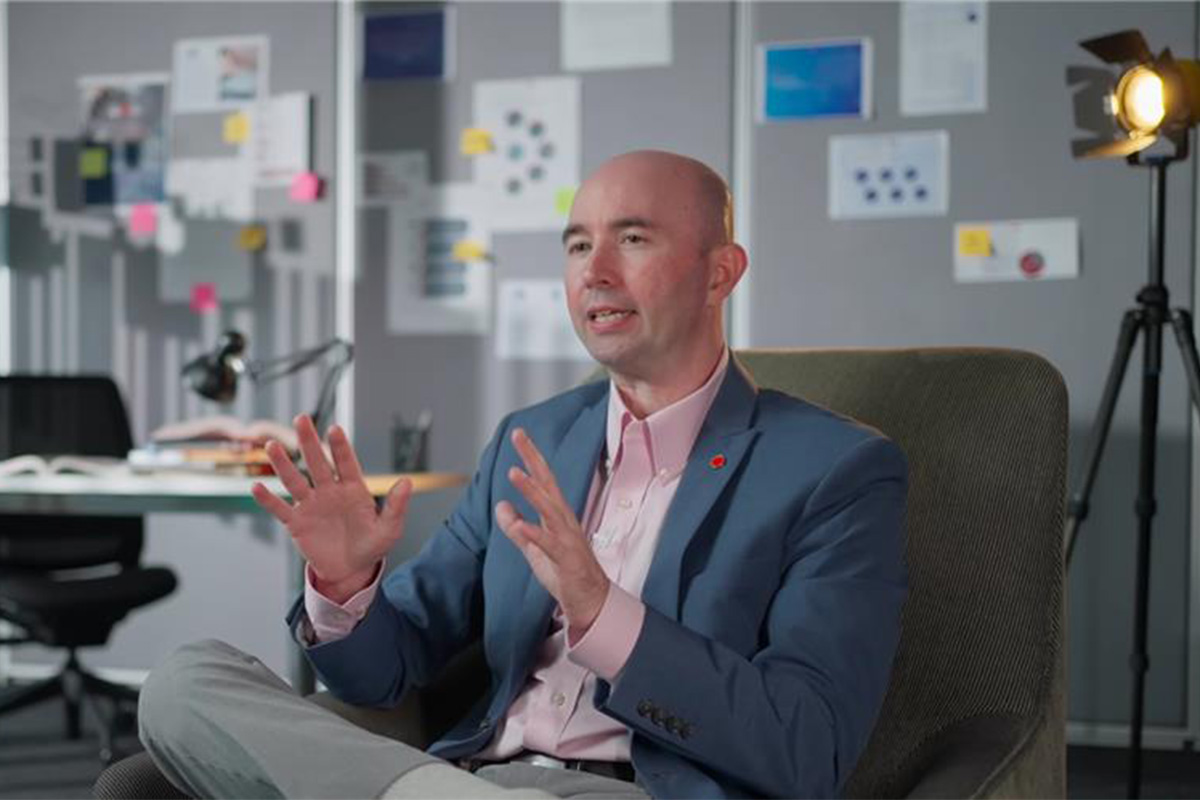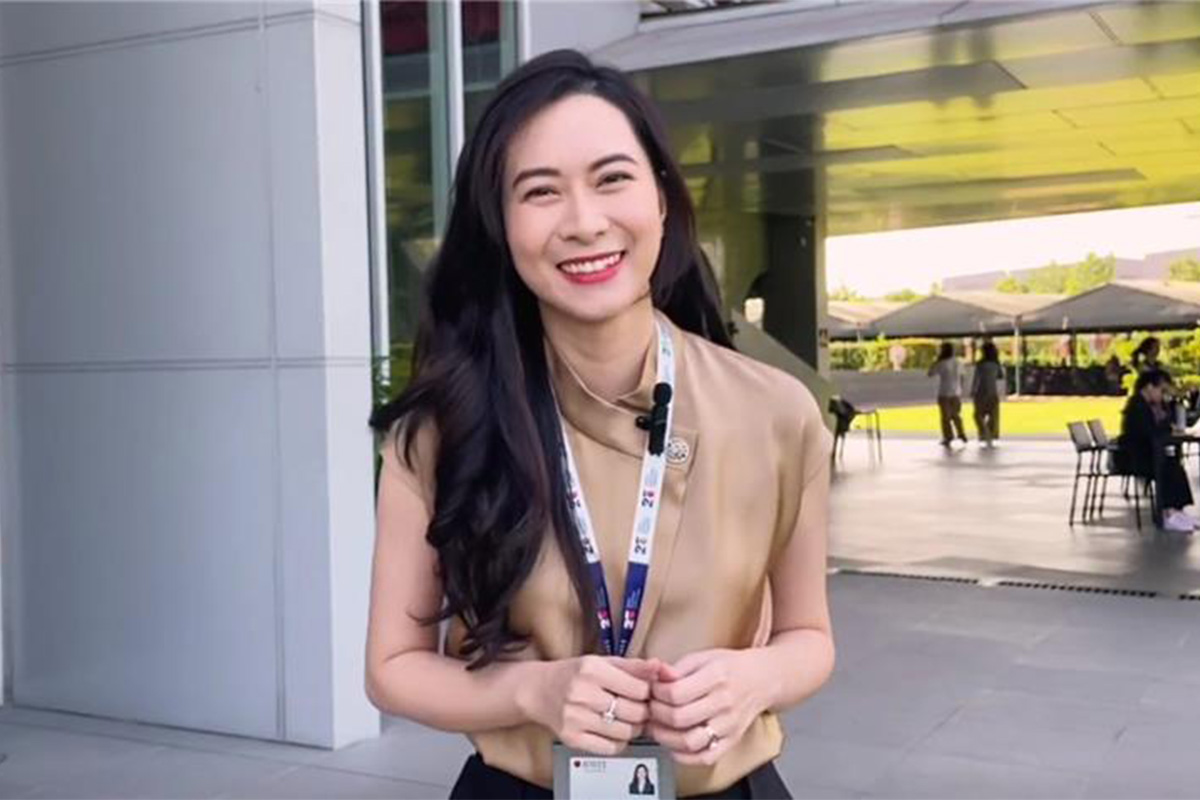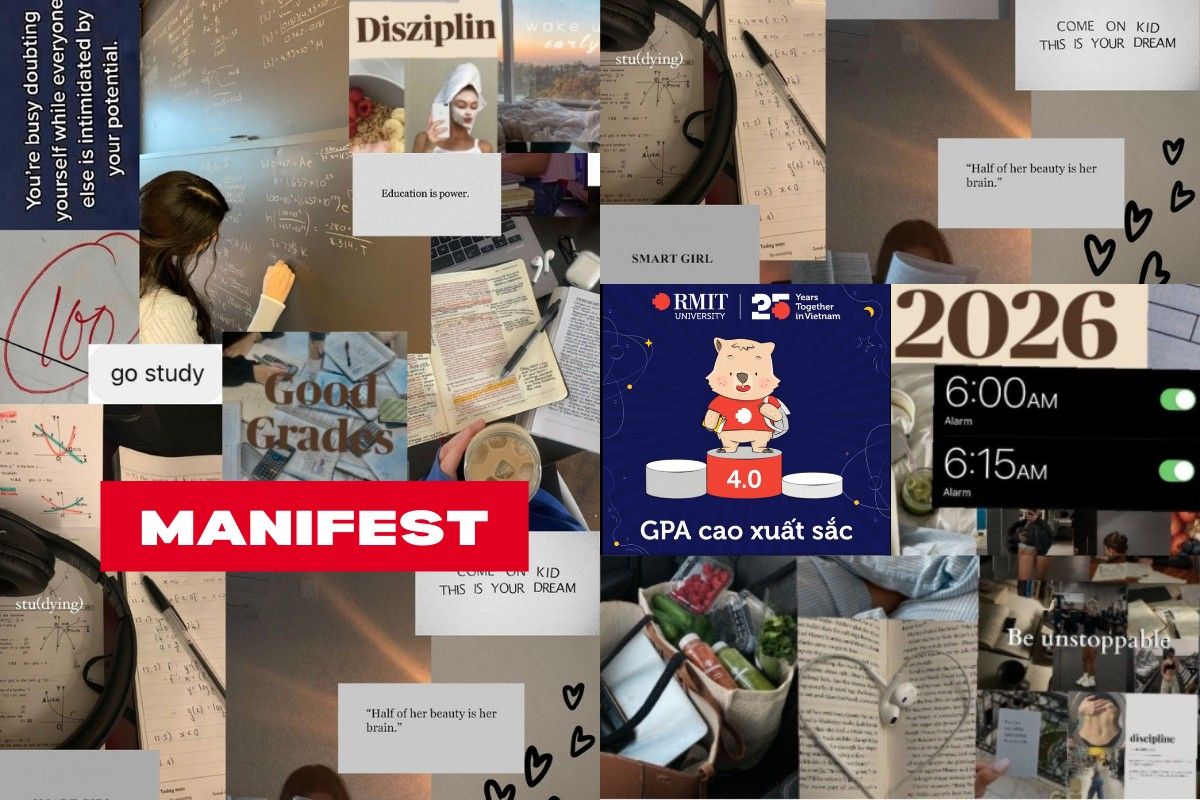Zero working experience cheat code: 5 things that improve your chance
No work experience? No extracurricular activities? That doesn’t mean there’s nothing to talk about on your CV. Let’s break down five practical steps you can take to strengthen your CV from zero, helping you highlight your skills, mindset, and potential, even before your first job.
How students can manifest academic success in 2026
Making a beautiful vision board or claiming affirmations online can feel like a great first step. But as 2026 unfolds, discover what it really takes for you to manifest academic success once the semester gets busy and motivation starts to dip.
SkillBoost 101: Level up teamwork, leadership, presentation and more
Curious about which skills will set you up for success at RMIT and beyond? This article reveals the key areas to boost your personal and professional growth during your university journey.







